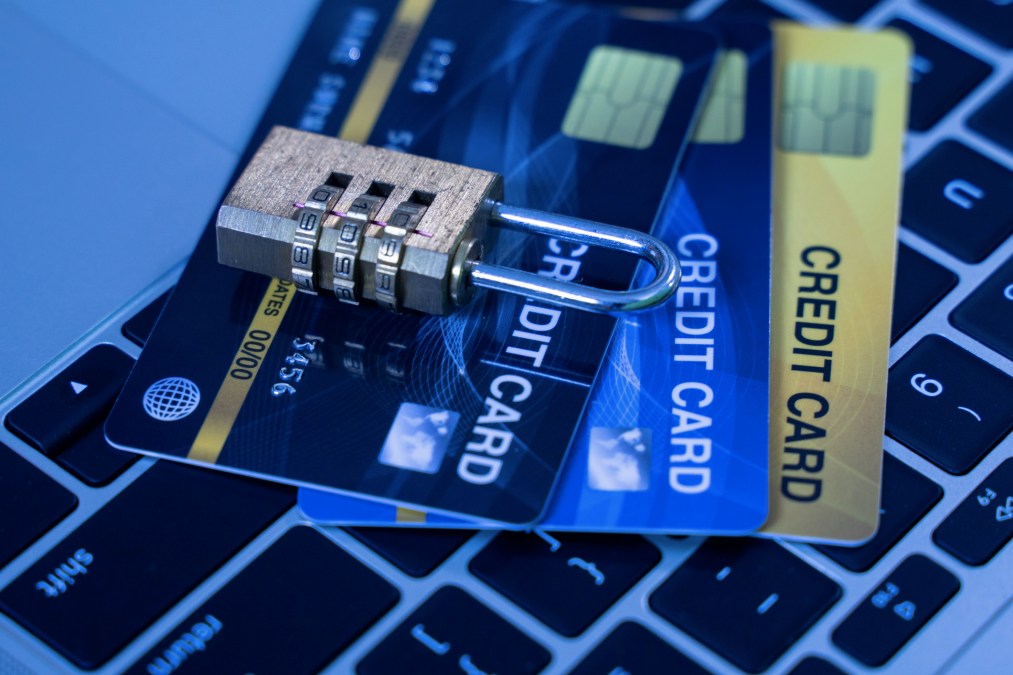Federal agencies aren’t working together to fight consumer scams, GAO says

The federal government has no overarching strategy to counter scams, a new watchdog report found, leaving consumers vulnerable to the kinds of digital crimes that have surged in recent years.
According to the Government Accountability Office’s findings, there’s not only no federal strategy to combat tech-fueled cons — there also isn’t a governmentwide estimate of how much money has been lost to that type of fraud, or even a common definition for what constitutes a scam.
What has bubbled up in place of a comprehensive, coordinated scam-fighting operation is a patchwork system spread across agencies, including the FBI, the Consumer Financial Protection Bureau and the Federal Trade Commission.
In conducting a performance audit that began in October 2023 and wrapped up this month, the GAO spoke with the FBI, the CFPB, the FTC and 10 other agencies that currently pursue scam-countering activities.
“In this regard, each agency has its own mandate and authority, with each largely pursuing independent activities related to countering scams,” the GAO wrote. “Several agencies formally and informally coordinate their efforts with other agencies and consumer and other associations, including when providing consumer education or by sharing consumer-complaint information. However, these efforts are not coordinated across all the agencies we identified on a formal, government-wide basis.”
The GAO’s reporting found that payment methods are essentially an umbrella for all sorts of digital scams that plague consumers, mentioning specifically the lengths scammers go to trick consumers out of money via peer-to-peer apps, electronic payments via bank accounts and through cryptocurrency exchanges.
FBI officials acknowledged to the watchdog that cyber-enabled fraud is a global problem that merits a coordinated, worldwide response. The bureau told the GAO that it does organize efforts to combat schemes of that kind, but its resources are limited and there is not a “formalized mechanism to deconflict … collaborate, coordinate, leverage assets, and share respective resources among investigations.”
Beyond the FBI’s work targeting cyber-enabled fraud, the FTC, Treasury Department and White House are also engaged in strategies to take on scams. But according to the GAO, those strategies merely address activities related to scams, rather than focus specifically on scams.
Data collection is another challenge facing the CFPB, FBI and FTC, which all “receive, compile, and report on consumer complaints pertaining to issues including internet-related crime and scams” on their own. Because agencies have such a siloed approach, there’s no uniform way in which data is collected, meaning agencies aren’t able to put an exact number on scam complaints, relying instead on estimates. The FBI approximated that in 2023, it received roughly 589,400 scam-related complaints, totaling losses of over $10 billion.
The GAO believes many of those issues could be mitigated with a governmentwide strategy — and some agency officials appeared to be on board with that approach. The FTC said a strategy like that “could help overcome those jurisdictional barriers,” assuming “significant resources” are devoted to it, as well as a focus on criminal and civil law enforcement.
The watchdog delivered six recommendations to the FBI, six to the CFPB and six to the FTC. The topline recommendation would put the FBI director in charge of the governmentwide effort to counter scams, carving out strategic roles for the heads of the CFPB, FTC, Treasury and other agencies. Other recommendations center on collaborative data collection and analysis, reporting mechanisms, and the creation of metrics to gauge the effectiveness of anti-scam efforts.
“Undertaking these types of activities would help ensure an effective federal response to a significant risk to consumers from a type of crime that is growing in scope and sophistication,” the GAO said.






